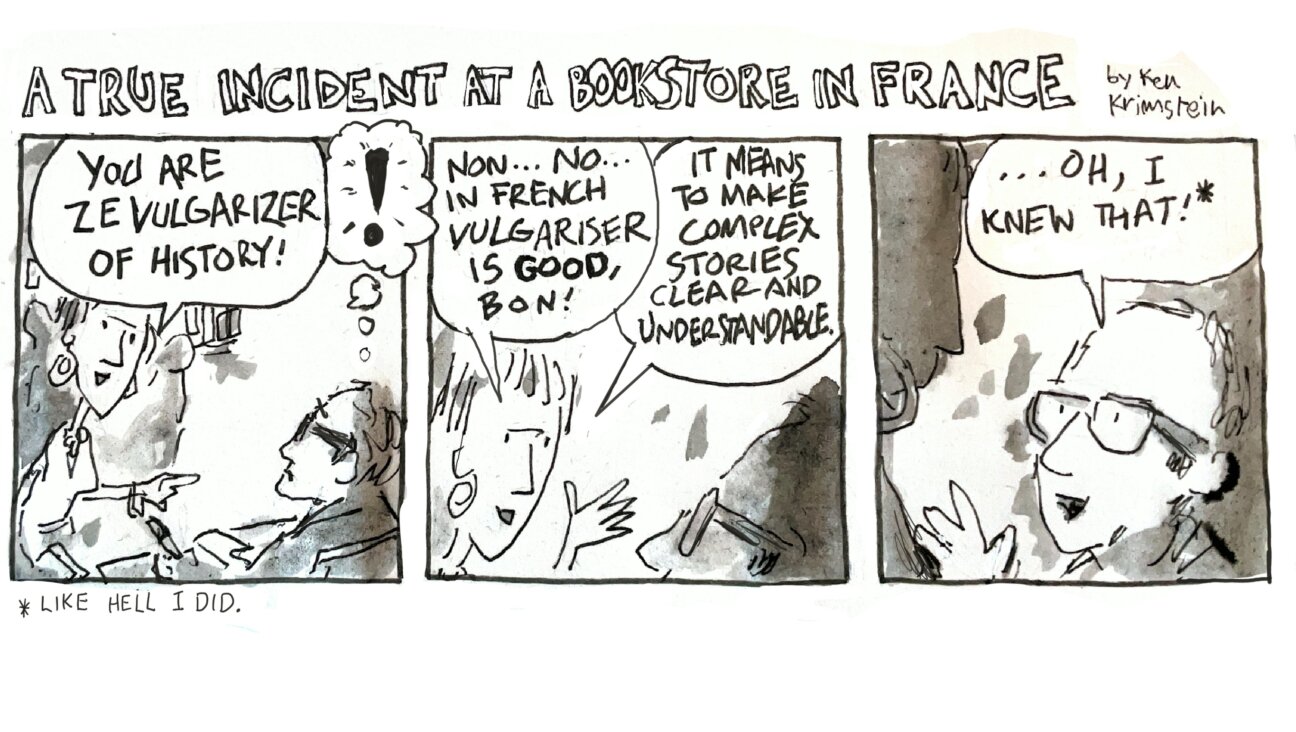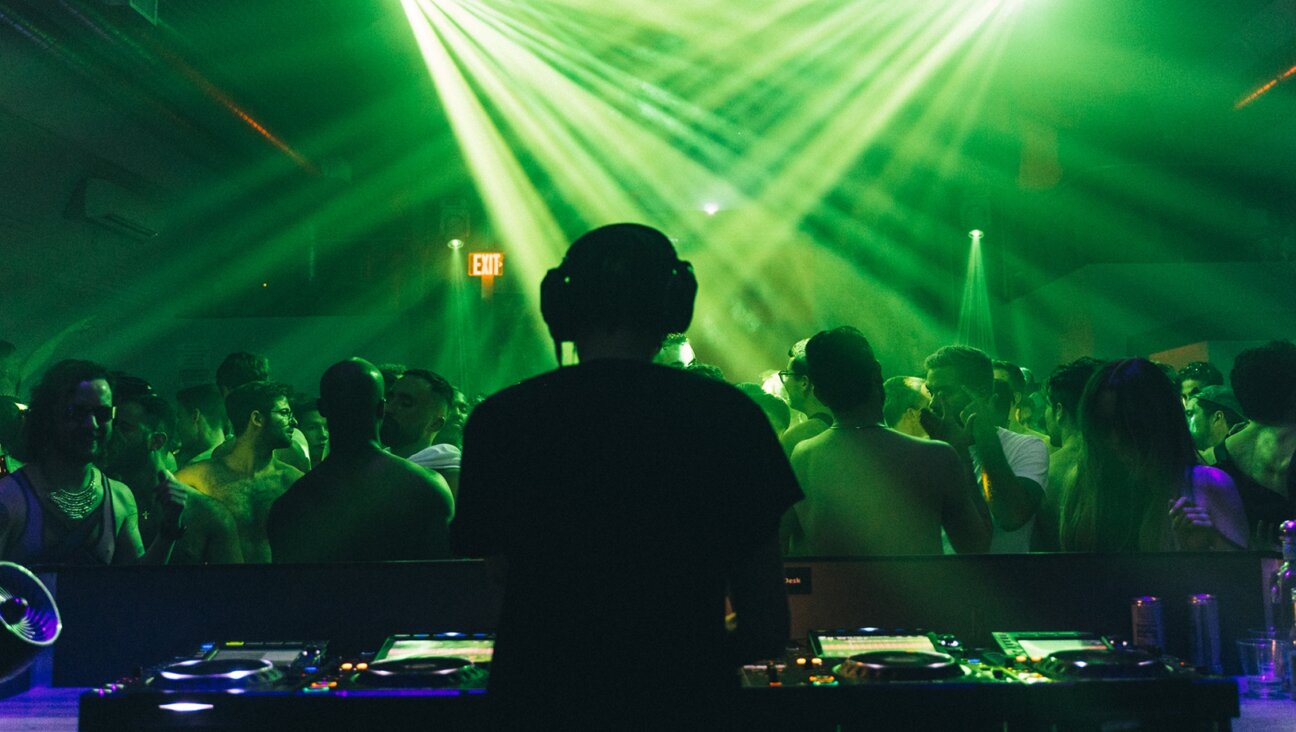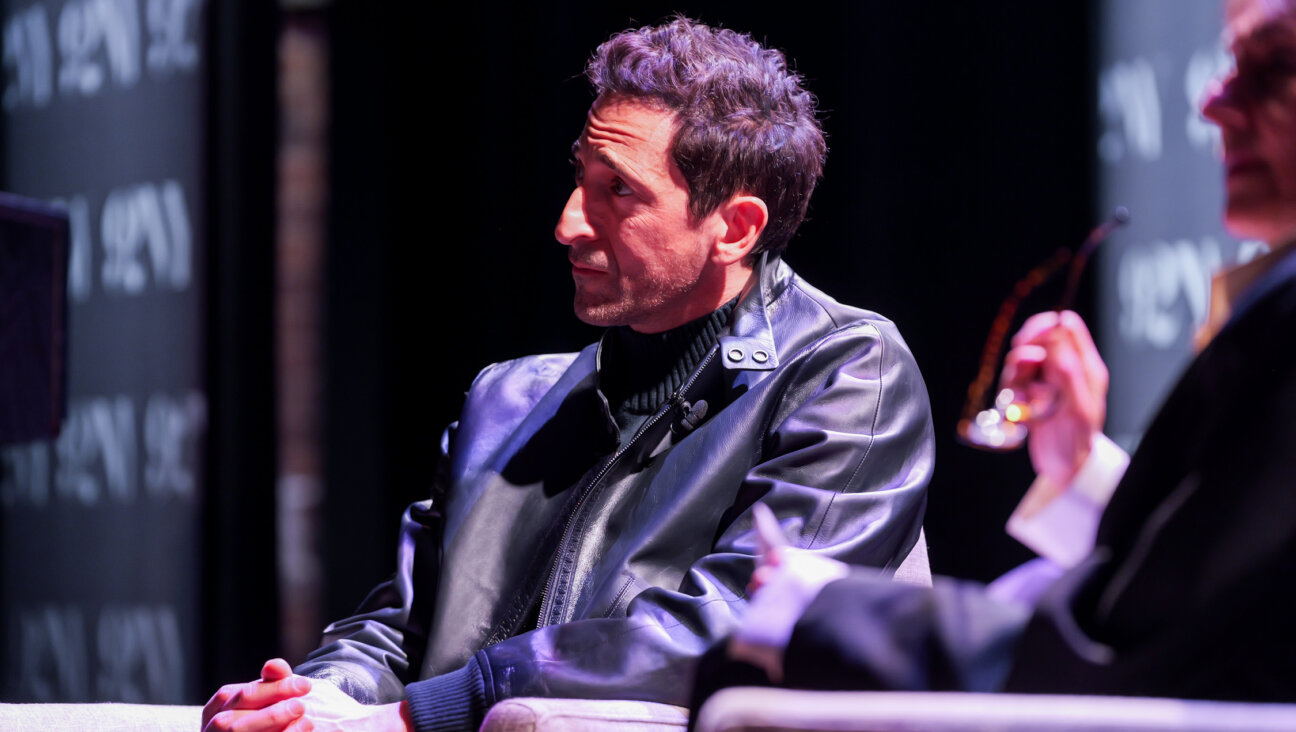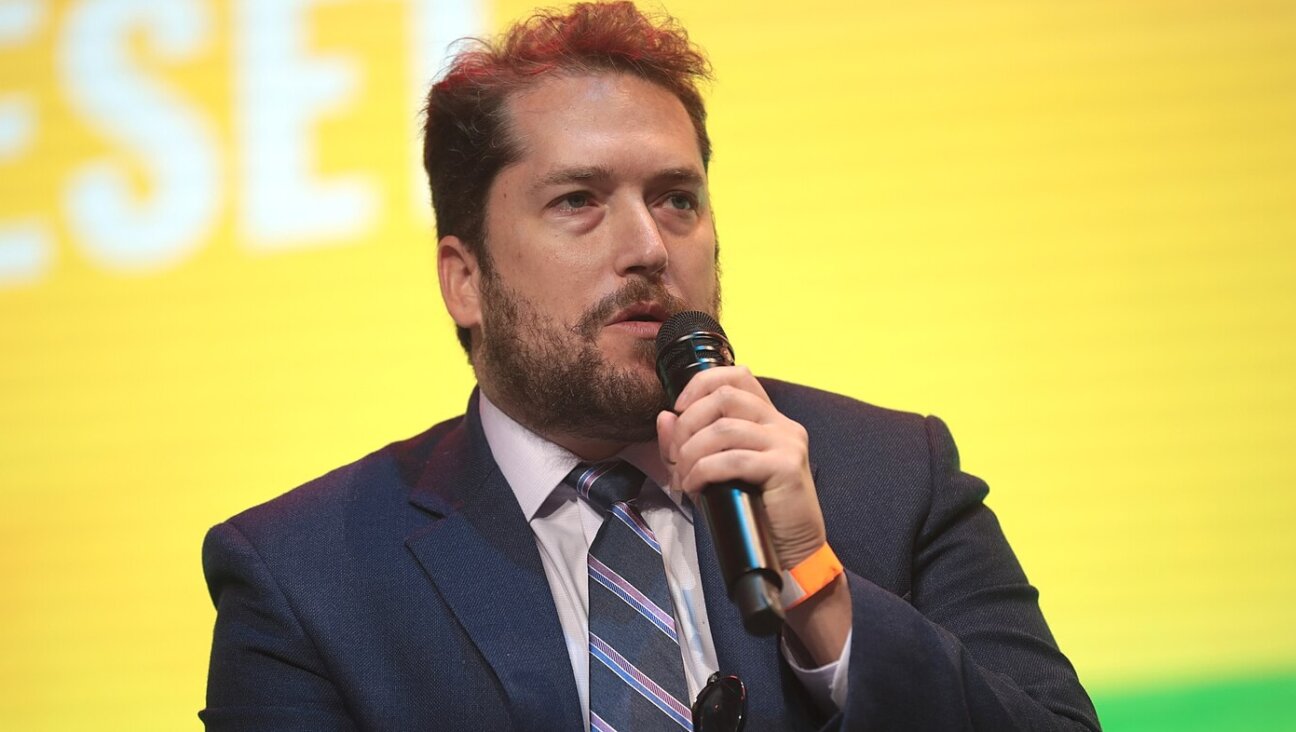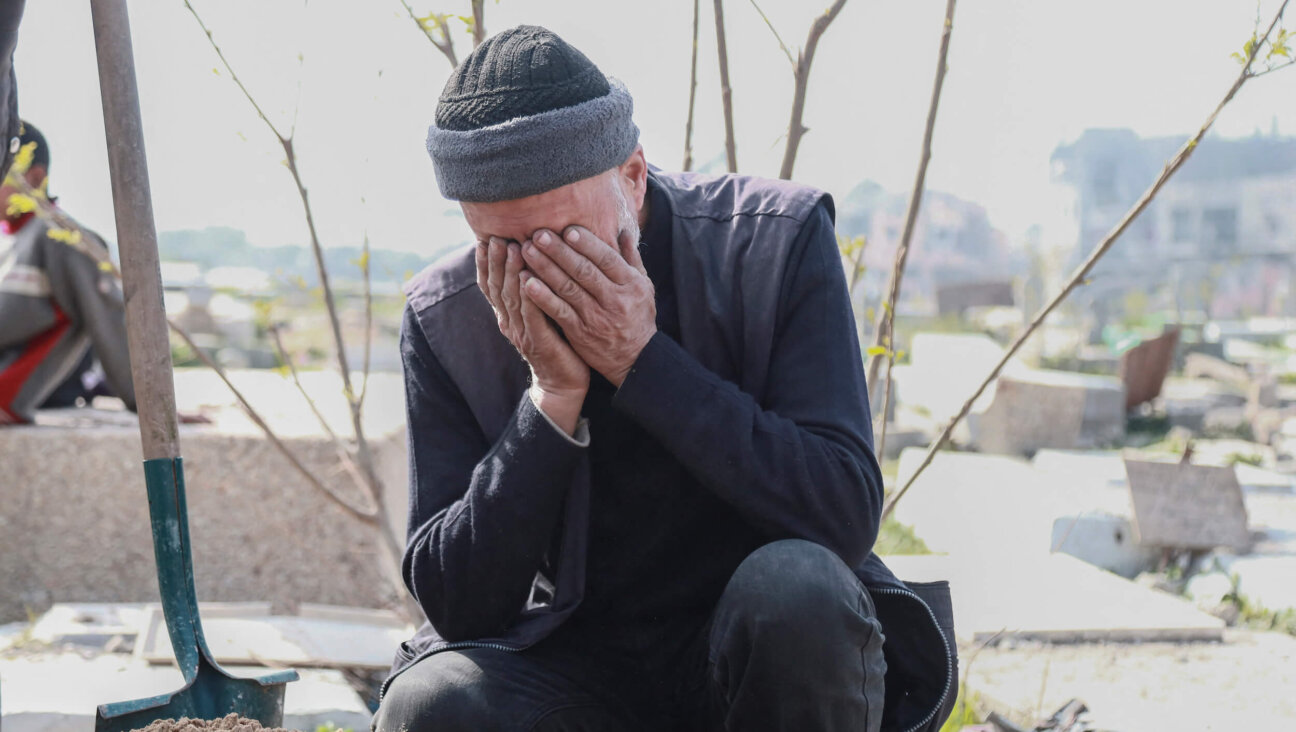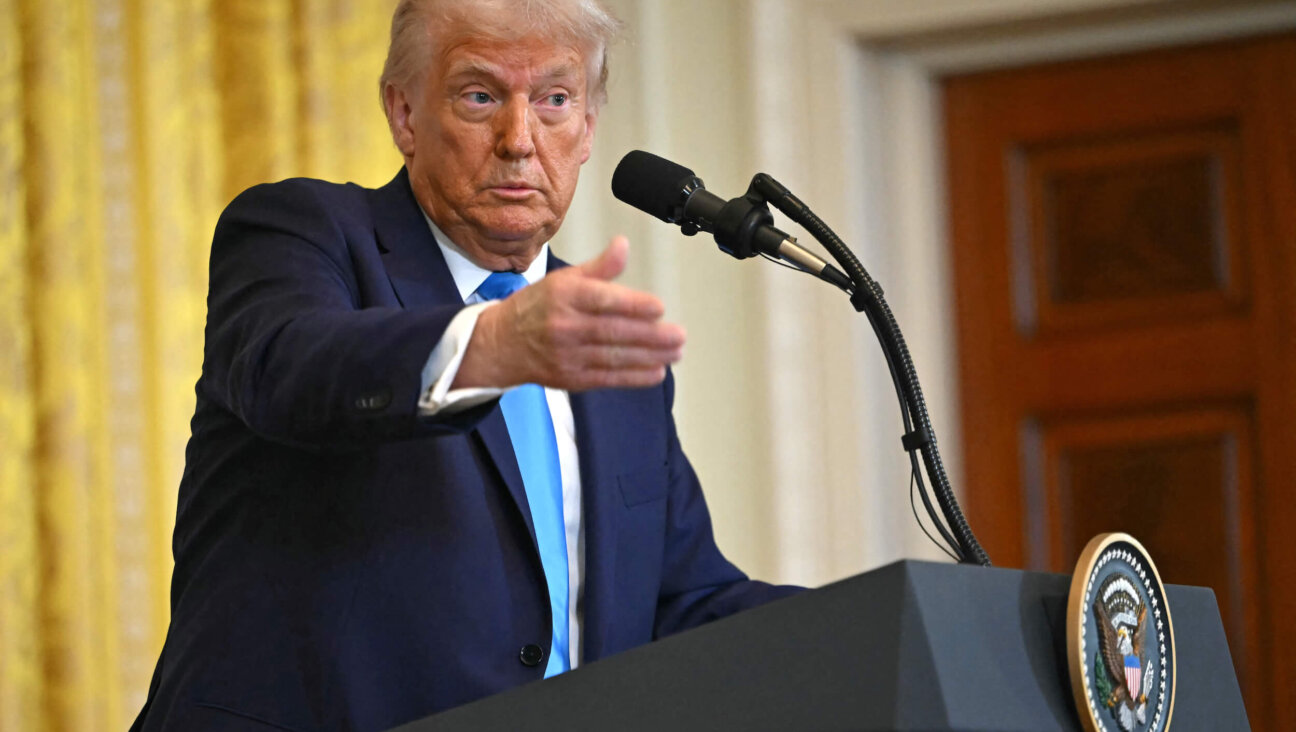The Recklessly Relevant Poet
Unlike many poets in her generation, Muriel Rukeyser was always adamantly, sometimes even recklessly, relevant. Born into a well-to-do Jewish family on Manhattan’s Upper West Side in 1913, she was both a firmly committed leftist and a bohemian. She drew on the sometimes-conflicting energies of Popular-Front activism and poetic experimentalism, which animated her work from the 1930s until her death in 1980. Very little in her life did not find its way into her poems. Rukeyser learned how to fly before she reached her 21st birthday, traveled to Spain as a reporter in 1936 to cover the Civil War, went south again to investigate the depredations of capitalism and turned all this into poetry before she was 30. As she wrote in the first line of her first volume of work (which won her the Yale Younger Poets prize when she was 21): “Breathe-in experience, breathe-out poetry.”
Rukeyser’s ambitious poetry was driven — and this is especially true in the sprawling poems of the 1930s — by the old Marxist conviction that individual lives and individual experiences only become truly meaningful when seen as broken moments in large historical processes. The poet’s and the activist’s trick is to show how these shards relate to those processes. In her poems, Rukeyser tries to illuminate the systems that undergird the single, though never simple or isolated, fact:
The tilted cities of America, fields of metal,
the seamless wheatfields, the current of cities running below our wings
promise that knowledge of systems which may bless.
These lines are typical of Rukeyser’s early endeavors and indicate why she is frequently so hard to excerpt. She seems to have learned from Walt Whitman the utility of the list, which, in its arrangement of one damned thing next to another, provides a rough map of the systems that she seeks. As a result, the interpretation of a number of her longer works depends on mastering the sheer drive and heft of these lists. Rukeyser has also learned from the experimental poets of the early 20th century the arresting surprise that can result from well-placed and unexpected adjectives. In the three lines cited above, the cities are tilted because Rukeyser takes seriously the birds-eye view she is trying to evoke. Rukeyser is using her experience as a pilot to imagine and depict a position from which explanatory systems could finally appear.
The lust for systems sends Rukeyser’s works in two directions. Her poems can become flatly documentary, as in those places in “The Book of the Dead” (1939) where Rukeyser transcribes official testimony. And the poems also can become loose, associational and harder to follow. The first tendency aligns her with the “proletarian” and Party poetry of the 1920s and 1930s; the second, with “bourgeois” High Modernism. This twin allegiance made Rukeyser doubly, if not triply, suspect. In the 1930s, Marxists felt that Rukeyser’s poetics vitiated her politics, while conservative critics felt her politics vitiated her poetics. With the retreat of partisan poetry and the rise of a sophisticated formalist criticism at the beginning of the World War II, Rukeyser’s passionate and sometimes technically sloppy approach to poetry fell out of fashion. Only in the 1960s did her approach begin to come back into vogue.
Rukeyser did not write much about being Jewish. (As far as I can tell, she only discussed it in three poems, two of which are included in editor Adrienne Rich’s selection.) But Rukeyser was always careful to place it at the center of her concerns. As she wrote in an essay in the mid-1940s, “My themes and the use I have made of them have depended on my life as a poet, as a woman, as an American and as a Jew… To live as poet, woman, American and Jew — this chalks in my position.” In “Bubble of Air,” a poem from the same period, Rukeyser imagines the “angel of the century” singing to her that “three lions of heritage” — woman, American and Jew — stand as her guardians. They alone allow her to “resist the evil” of the age. It turns out that these guardians stand respectively for life, freedom and memory and they offer the poet three imperatives — give, create and fight. These commands then boil down to one: “Speak!” According to the parallels of the poem, “woman” is tied to “life” and “giving;” “America” to “freedom” and “creating.” In this trinity, Judaism becomes the figure of memory. And it is Judaism that bids Rukeyser fight.
During World War II, Rukeyser wrote in a well-known sonnet that to be “a Jew in the twentieth century/Is to be offered a gift,” though it is a rather poisonous gift. According to the poem, acceptance of one’s Jewishness grants one a “full life.” But this fullness is not fulfillment because it includes the promise of almost inevitable failure and just as inevitable torment. At the same time, being Jewish and conscious of it means (and here Rukeyser becomes quotable): “the accepting wish,/ The whole and fertile spirit…/ Daring to live for the impossible.” This vision of Judaism as the quest for the ideal is a fine (though not the final) example of that strain of 19th-century liberal Jewish thought which saw the true calling of Judaism in the Prophets’ demand for justice and peace. To be sure, Rukeyser’s is a highly secularized version of Jewish life, but it has real content. It is oriented toward recognizably Jewish history, actions and commitments.
The poet Reginald Gibbons has noted that Rukeyser was not interested in grace but in inquiry. Rukeyser squarely identified inquiry with Judaism. Writing about Rabbi Akiva (who by family legend was a distant relative), she said: “For this religion is a system of knowledge;/Points may be one by one abandoned, but not the study.” “The study” — not of the law but of the world — led Rukeyser to write about a dozen books of poetry as well as biographies, translations, a musical and a novel, as well as essays and criticism. It is not surprising, given her ambitions and her productivity, that Rukeyser’s poetry could be uneven. Some of it is not very good at all, because her desire for flexibility led her in all sorts of directions. She could be sloppy, obscure, self-dramatizing, sentimental and rhetorical. She could fall into myth in a mystified or mystifying way. And even her best poems — both early and late — often have dodgy passages where the diction strays or the rhythms break down. Still, the poetry is always propelled by passion, empathy and a broad visionary sweep. Rukeyser was determined to go for broke with every hand.
Rich’s selection from Rukeyser’s work is judicious and includes relatively few poems from the two decades after the end of World War II — we could call these the HUAC years, referring to the House Un-American Activities Committee. Thus Rich presents us with a Muriel Rukeyser who belongs squarely to the old leftist movement and to the new one, a poet whose early works are concerned with the human costs of class politics and whose last works engage the contradictions of gender relations.
It is perhaps too easy for readers today to be drawn to the apparent relevance of these later, epigrammatic poems of the women’s movement. But Rukeyser’s interest and her importance go beyond our momentary agreement with her politics or her feelings. In spite of her indifferent critical fate, Rukeyser has had a strong, if sometimes subterranean, influence on a number of first-rate writers, most of whom are women. (The poets who spring to mind are a diverse lot and include Rich herself, Sharon Olds and Carolyn Forche, to name just three.) At its root, influence has to do with more than just imitable technique and verbal echo. Influence is about possibility. An influential poet is one who shows future poets not only how things are done but how they might be done differently. It is true that Rukeyser wrote some very weak poems and some bad lines in some very good poems. But in the end, her slips point to her considerable strengths — to the openness of her inquiry and to her singular fearlessness, her “daring to live for the impossible.”
David Kaufmann is chair of philosophy and religious studies at George Mason University.
This is the third and final installment in our series of three poetry reviews, published in celebration of National Poetry Month.
* * *|
Muriel Rukeyser: Selected Poems (American Poetry Project)
Edited by Adrienne Rich
Library of America, 180 pages, $20.
A message from our Publisher & CEO Rachel Fishman Feddersen

I hope you appreciated this article. Before you go, I’d like to ask you to please support the Forward’s award-winning, nonprofit journalism so that we can be prepared for whatever news 2025 brings.
At a time when other newsrooms are closing or cutting back, the Forward has removed its paywall and invested additional resources to report on the ground from Israel and around the U.S. on the impact of the war, rising antisemitism and polarized discourse.
Readers like you make it all possible. Support our work by becoming a Forward Member and connect with our journalism and your community.
— Rachel Fishman Feddersen, Publisher and CEO







